iAtlantic
Integrated Assessment of Atlantic Marine Ecosystems in Space and Time

818123 (iAtlantic)
01/06/2019 to 30/11/2023
European Union’s Horizon 2020
Summary
Integrated Assessment of Atlantic Marine Ecosystems in Space and Time
To assess the status of ecosystems, we need to know more about how they are connected and distributed, what functions they perform and how stable they have been over time. All this requires the collection of new data, but also innovative approaches so that observations taken at local and regional levels can be scaled up to address questions at the ocean basin scale. To do this, the ADSR group will contribute to regional habitat characterization and mapping using bathymetry and imagery and will lead the development of species distribution models under present and future climate scenarios. We will be involved in experimentation with vent fauna and cold-water corals in aquaria to evaluate the experience on physiological and ecotoxicological studies of deep-sea fauna under conditions of metal contamination associated with deep-sea mining activities and climate change scenarios. We will use data generated by iAtlantic WPs to develop numerical optimization tools to identify areas in the whole Atlantic that achieve certain sustainable management and conservation objectives over the short and long-term (climate based predictions). Finally, we will contribute to knowledge transfer through participation in workshops and courses on deep-sea ecology and capacity building on infrastructures for experimentation with deep-sea fauna.
iAtlantic aims to deliver knowledge that is critical for responsible and sustainable management of Atlantic Ocean resources in an era of unprecedented global change. Involving marine scientists from countries bordering the north and south Atlantic Ocean, this ambitious project will determine the resilience of deep-sea animals – and their habitats – to threats such as temperature rise, pollution and human activities. iAtlantic is undertaking an ocean-wide approach to understanding the factors that control the distribution, stability and vulnerability of deep-sea ecosystems. Work spans the full scale of the Atlantic basin, from the tip of Argentina in the south to Iceland in the north, and from the east coasts of USA and Brazil to the Azores and the western margins of Europe and Africa. Central to the project’s success is the international collaboration between scientists throughout the Atlantic region, with sharing of expertise, equipment, infrastructure, data and personnel placed at the forefront of iAtlantic’s approach.

Our Team's role
We lead the iAtlantic WP5 Spatial and Temporal Management and Protection and the case study #3 Azores, and will co-lead WP4 Impact of Multiple Stressors through experimentation with vent fauna and cold-water corals in aquaria. We will also contribute to regional habitat characterization and mapping (WP2) and to knowledge transfer (WP6).
Collaborators
Main results
During the iAtlantic project we continued to explore deep-sea areas of the Azores for which there is currently little or no information available on the composition and diversity of its benthic fauna. This was achieved through a series of research cruises on board research vessels and local fishing vessels (e.g.: MapGES 2019, 2020 and 2021, Eurofleets+ iMAR 2021 and 2022, the Blue Azores program, the Deepwalls submersible dives, and collaborations with NIOZ). The development of the Azor drift-cam, a low-cost underwater camera system for the rapid appraisal of deep-sea benthic communities was published in Methods in Ecology and Evolution. The draft with the predicted distribution of 15 deep-sea shark species in the Azores, developed using by-catch data and GAMs/RF/Maxent models, was published in Deep-Sea Research Part I. We also published an article describing the densest, near-natural, and novel octocoral garden composed of large red and white colonies of Paragorgia johnsoni found on the slopes of the Mid-Atlantic Ridge (545–595 m depth), in the Azores region. The experimental work revealed the impacts of future climate and deep-sea mining on the larvae development and behaviour of cold-water black corals and juvenile stages of the vent mussel.
Authors list
10.5281/zenodo.4727164
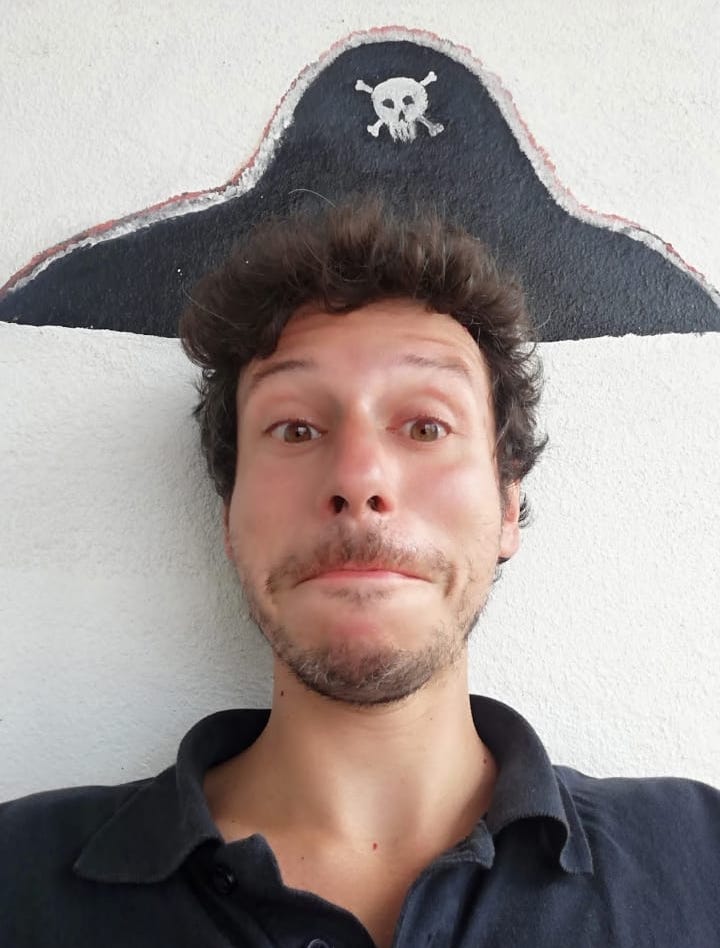
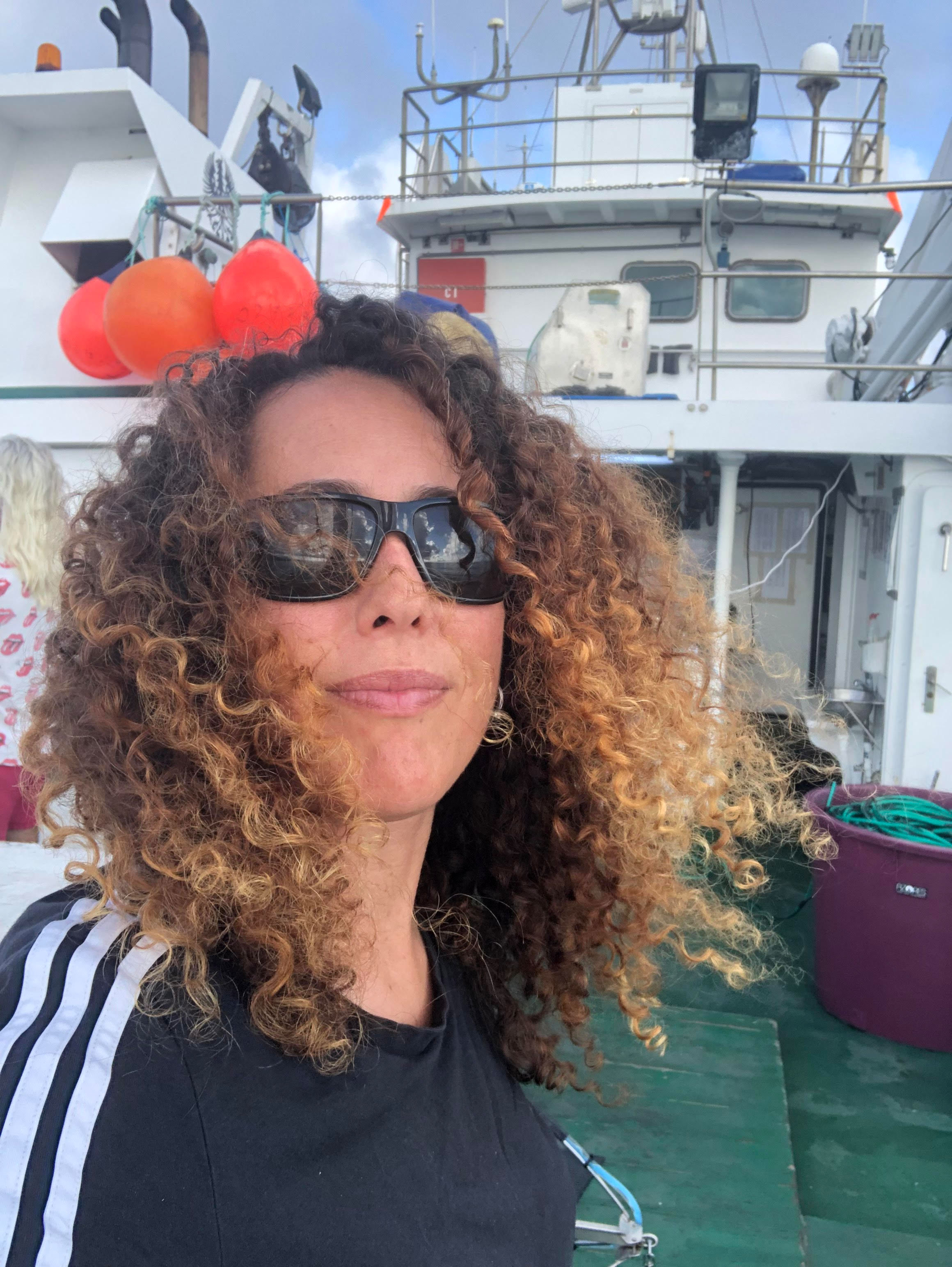

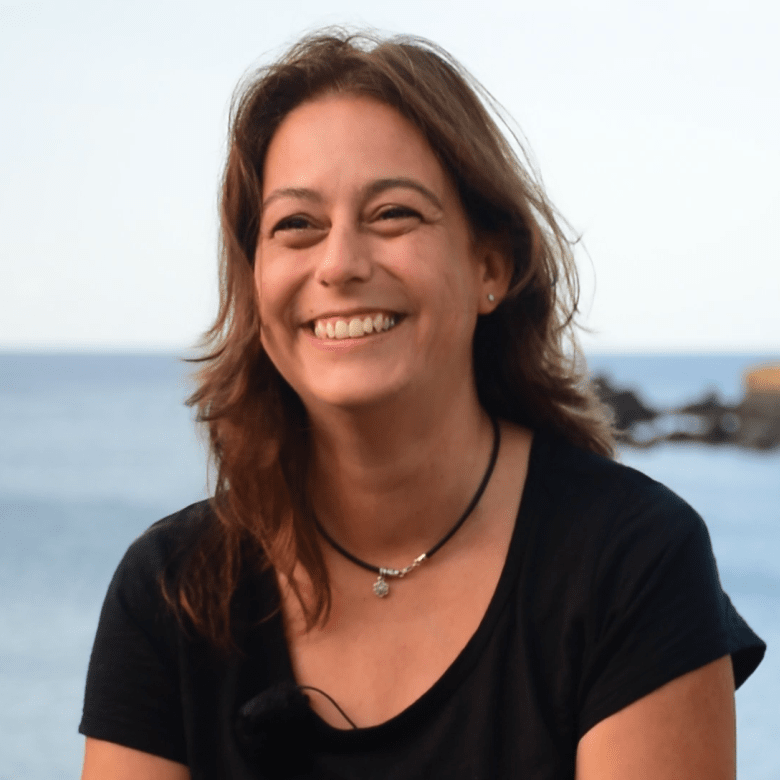

Authors list
10.1594/pangaea.940808


Authors list
10.17882/85926



Authors list
10.17882/86019



Authors list
10.17882/86107



Authors list
10.17882/86110



Authors list
10.17882/86115



Authors list
10.17882/86106



Authors list
10.17882/86103



Authors list
10.1038/s44183-024-00078-2

Authors list
10.1016/j.fishres.2023.106877
Authors list
10.1093/icesjms/fsac178


Authors list
10.7717/peerj.16024


Authors list
10.1016/j.pocean.2023.103031


Authors list
10.1016/j.ecolind.2023.111411
Authors list
10.3389/fevo.2023.1050268


Authors list
10.1016/j.ocecoaman.2023.106807
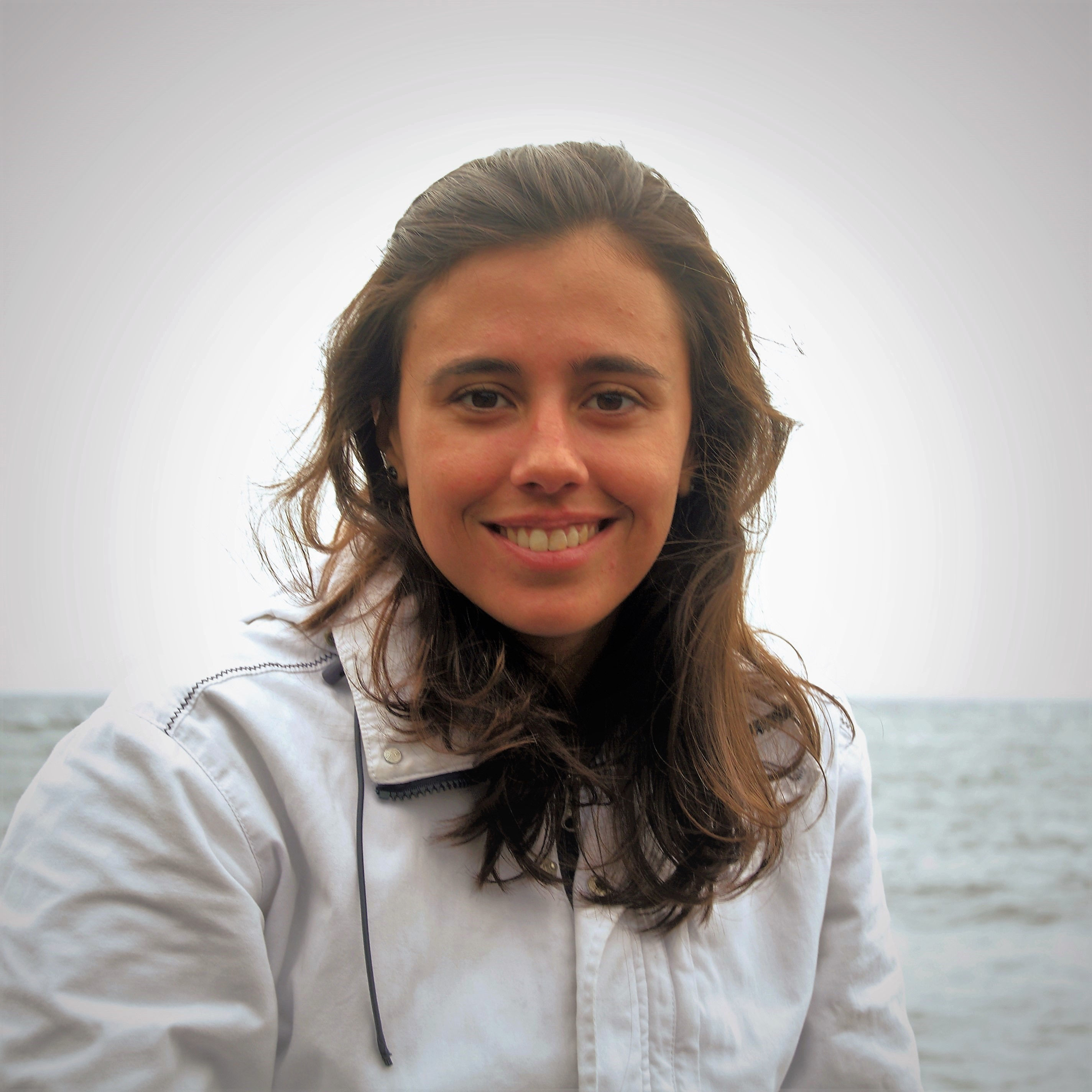

Authors list
10.1016/j.scitotenv.2023.166579


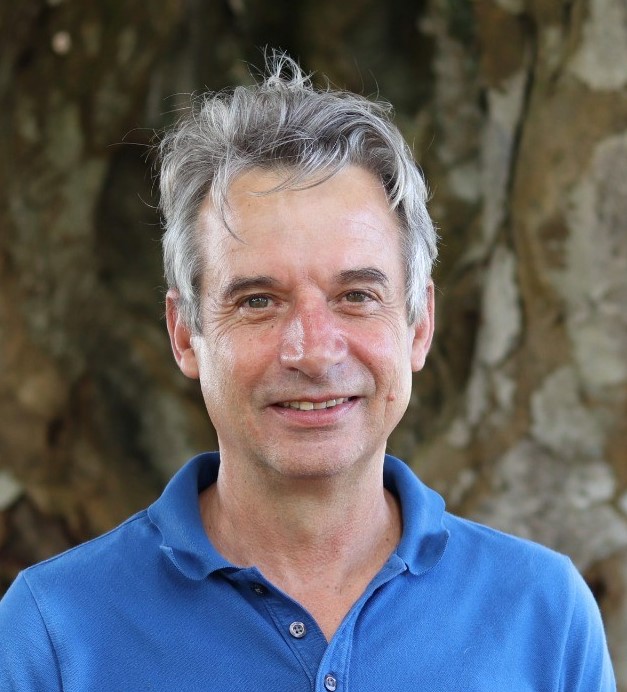


Authors list
10.1093/icesjms/fsac189


iAtlantic Gallery
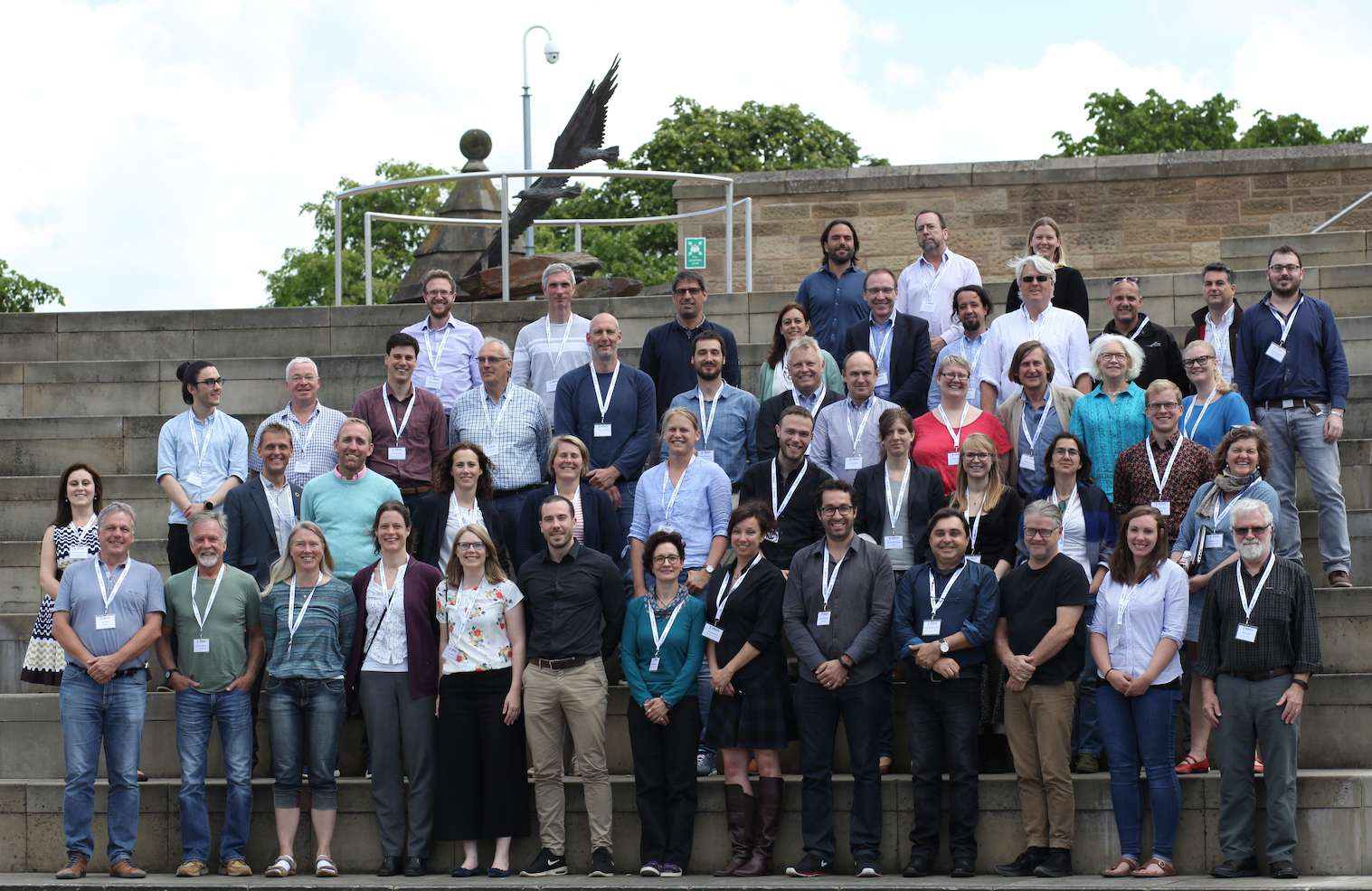


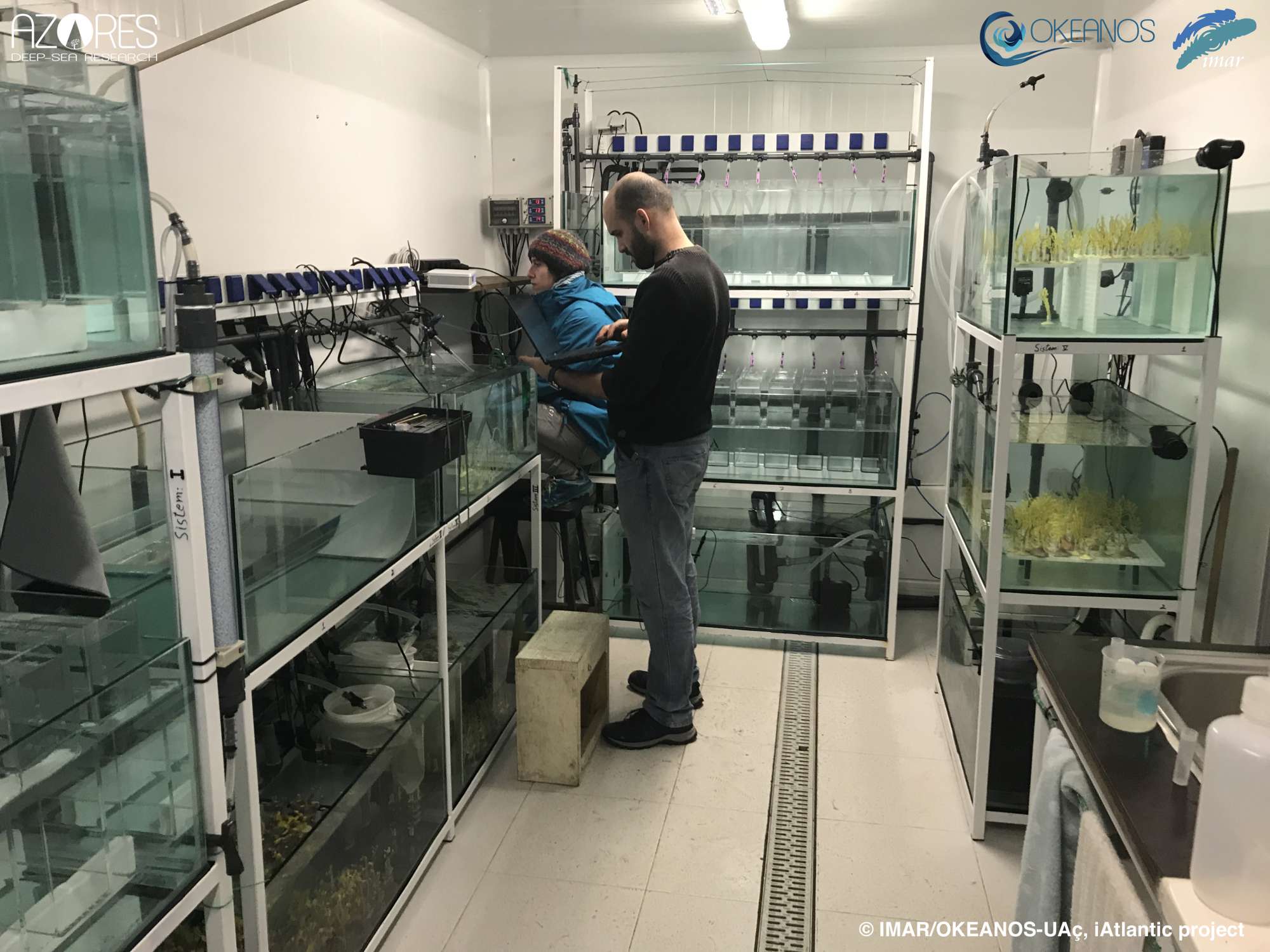

Location
Departamento de Oceanografia e Pescas — Universidade dos Açores
Rua Prof. Doutor Frederico Machado, No. 4
9901-862 Horta, Portugal
Contact
Email: azoresdeepsea@gmail.com
AZORES DEEP-SEA RESEARCH © 2020-2025 — RELEASE 2.0.3
 VALTER MEDEIROS
VALTER MEDEIROS